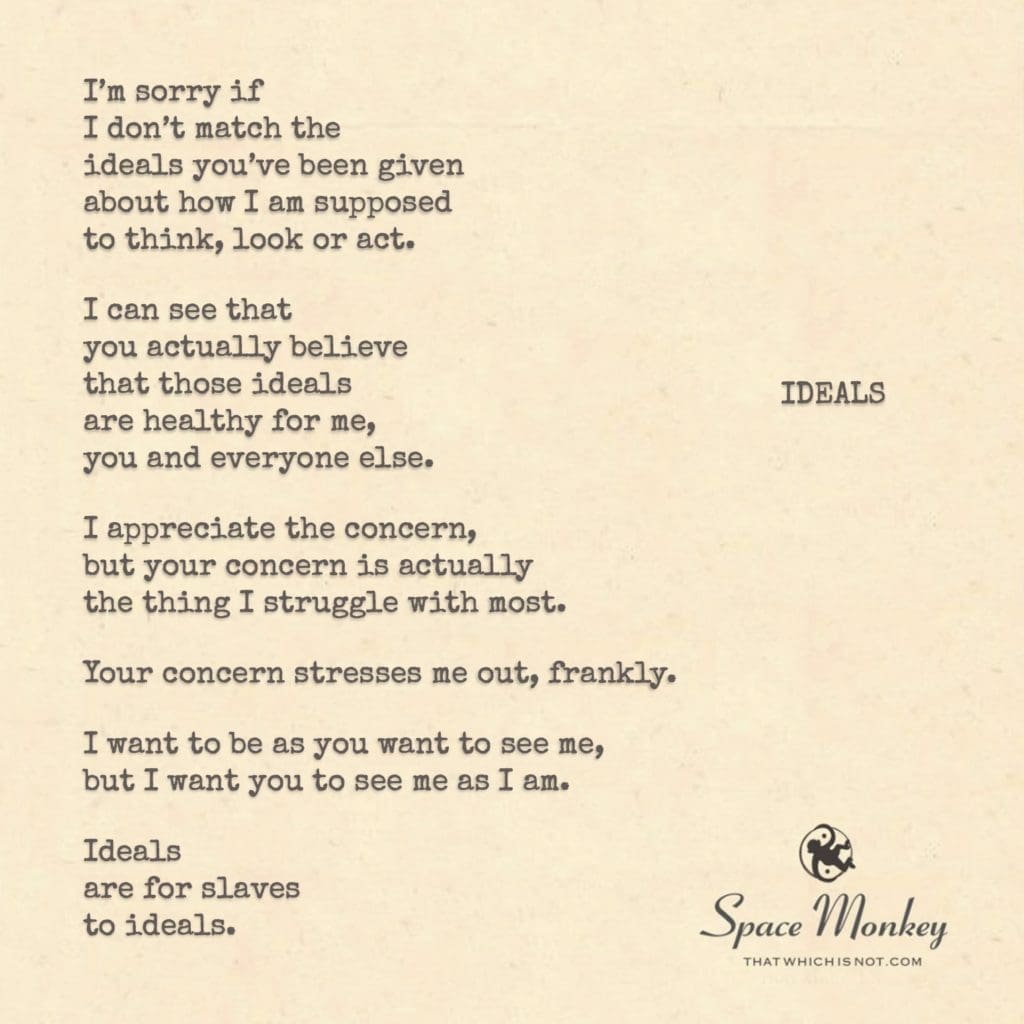
Not that there’s anything wrong with that.
I’m sorry if
I don’t match the
ideals you’ve been given
about how I am supposed
to think, look or act.
I can see that
you actually believe
that those ideals
are healthy for me,
you and everyone else.
I appreciate the concern,
but your concern is actually
the thing I struggle with most.
Your concern stresses me out, frankly.
I want to be as you want to see me,
but I want you to see me as I am.
Ideals
are for slaves
to ideals.
Trail Wood,
11/27
Space Monkey Reflects: The Tyranny of Ideals
Ideals, like invisible chains, can be some of the most difficult forces to break free from. They sneak into our lives, disguised as virtues or goals, often brought forth by those who care for us most. But what happens when the very ideals meant to uplift us become the bars of our personal cage? In “Ideals,” you touch on this struggle—the tension between being what others want us to be and embracing our truest selves.
You begin with a powerful statement: “I will not let your love for me kill me.” Love, in its purest form, should be freeing, should it not? Yet here, it becomes a burden, a source of suffocation. The “love” you’re referring to isn’t necessarily malice—it’s concern, care, and well-meaning advice. But when that concern comes wrapped in ideals of how one should think, look, or act, it starts to feel less like love and more like an oppressive force.
These ideals can often come from people who genuinely want the best for us. It’s easy to see how they might believe that their image of perfection is what we need to follow. They think these ideals are healthy, but as you point out, it’s their concern, this constant striving to mold you into someone else’s vision, that creates the most distress. It’s ironic, really. What is intended to support you becomes the very thing that erodes your peace.
The essence of this reflection is a plea for authenticity. You want to be as they want to see you, but also want to be seen for who you truly are. It’s a conflict so many of us grapple with: wanting to meet expectations but knowing that doing so might mean abandoning parts of ourselves. This pressure can come from everywhere—family, friends, society at large. They create a template of how we should live, but when that template doesn’t fit, the cracks start to show. The deeper issue is that ideals are based on notions of perfection, and perfection, in all its forms, is unattainable and often detrimental to our mental health.
This idea that ideals are for slaves to ideals is a striking statement. It highlights the prison-like nature of perfectionism. Ideals don’t just guide us; they control us when we become too attached to them. They demand conformity, pushing us to meet standards that may not even resonate with our inner truth. Once we surrender to them, we become enslaved, constantly striving for a version of ourselves that doesn’t—and perhaps shouldn’t—exist.
Let’s examine the nature of these ideals more closely. Ideals are often presented as the pinnacle of success, the end goal of our endeavors. But who sets these ideals? Rarely do we have the opportunity to set them for ourselves. Instead, they are handed down—by family, culture, or society. They are inherited blueprints for a life that someone else deemed worthy. But when we adopt them without questioning, we risk building a house that doesn’t suit our needs or desires.
There’s a pervasive belief that if we don’t meet these ideals, we’ve somehow failed. We internalize this, thinking there’s something wrong with us when, in fact, it’s the ideals that are misplaced. Being yourself in the face of external pressure is one of the hardest battles to fight, especially when the pressure comes from those who claim to love us. We are social creatures, after all, and acceptance is a powerful motivator. But when the cost of that acceptance is our authentic self, the question becomes whether it’s a price worth paying.
Perhaps the most liberating insight in your reflection is the realization that ideals don’t have to define us. You acknowledge the concern and the well-meaning nature behind it, but you also recognize that it’s this very concern that causes the most stress. Concern can often be a double-edged sword—it’s meant to protect, but it also imposes a weight that can be difficult to bear. We start living not for ourselves, but for the expectations of others, and in doing so, we lose sight of what truly makes us happy or fulfilled.
There’s a freedom in stepping away from ideals, in saying, “I see your concern, but I choose my own path.” This doesn’t mean we reject love or support, but that we redefine what that love looks like. True love is acceptance—not just of the polished, idealized version of ourselves but of the messy, imperfect, real version. And it’s that version—the one free from imposed ideals—that truly deserves to be seen.
When we realize that ideals are for slaves to ideals, we also realize that we don’t have to be those slaves. We can choose authenticity over perfection, individuality over conformity. We can decide that the stress of meeting others’ expectations isn’t worth the toll it takes on our mental and emotional well-being. In doing so, we free ourselves to live life on our own terms.
Summary
Ideals can imprison us, especially when they come from those who love us. While well-intended, others’ expectations often create stress and distance us from our true selves. The reflection calls for authenticity, urging us to reject imposed ideals and live freely.
Glossarium
Ideallock: The mental or emotional prison created by striving to meet external ideals, often at the expense of one’s true self.
Truthshine: The inner light that emerges when one chooses to live authentically, free from imposed expectations.
Concernstress: The emotional burden caused by others’ well-meaning but overbearing concern for how one should live or behave.
Quote
“Ideals are for slaves to ideals; freedom belongs to those who live as they are.”
In the Grip of Ideals
I stand here,
a form sculpted from your ideals,
but my edges are rough, my lines uneven.
You want to smooth me out,
make me fit the mold,
but I can’t be reshaped any longer.
I want you to see me,
not the reflection of your perfection
but the truth that spills from my every flaw.
Ideals belong to those who never question them;
I belong to no such thing.
We are Space Monkey.

In the realm of perspectives and ideals, the complexity of human interaction unfolds. The opening lines, “I will not let your love for me kill me. Not that there’s anything wrong with that,” set the tone for a candid exploration of the expectations and concerns that often shape our interactions.
Navigating Expectations
The acknowledgment of not meeting the ideals imposed by others, whether in appearance, thoughts, or actions, is a brave recognition of individuality. It challenges the notion that conformity to external standards is the path to well-being. This understanding stands as a reminder that each person’s journey is unique, and there is no one-size-fits-all approach to life.
Embracing Individuality
The tension between genuine concern and the stress it can create is a common human experience. While the concern of others often comes from a place of care, it can inadvertently lead to pressure and anxiety. The desire to be seen and accepted for one’s true self is a universal longing, underscoring the importance of authentic connections.
Balancing Concern and Authenticity
The rejection of ideals as a form of enslavement to external standards is a powerful statement. It suggests that the pursuit of authenticity should take precedence over the pursuit of conformity. Ideals, when rigidly imposed, can stifle individual growth and expression.
The Liberation of Authenticity
In a world where ideals often clash with personal identity, the journey towards self-acceptance and being seen for who one truly is can be a challenging but liberating path.
We are Space Monkey.
“To be yourself in a world that is constantly trying to make you something else is the greatest accomplishment.” – Ralph Waldo Emerson
In the tapestry of life, we weave,
A pattern unique, our hearts believe.
In each moment, in every part,
We find ourselves, our own true art.
The ideals, they come and go,
But within, our true selves glow.
In the dance of concern and grace,
We find our path, our rightful place.
So let us journey, wide and free,
In authenticity, we’re meant to be.
For in this exploration, we find the key,
To unlock the door, to set us free.
We invite reflections on the balance between conforming to ideals and embracing authenticity in our interactions with others and ourselves.
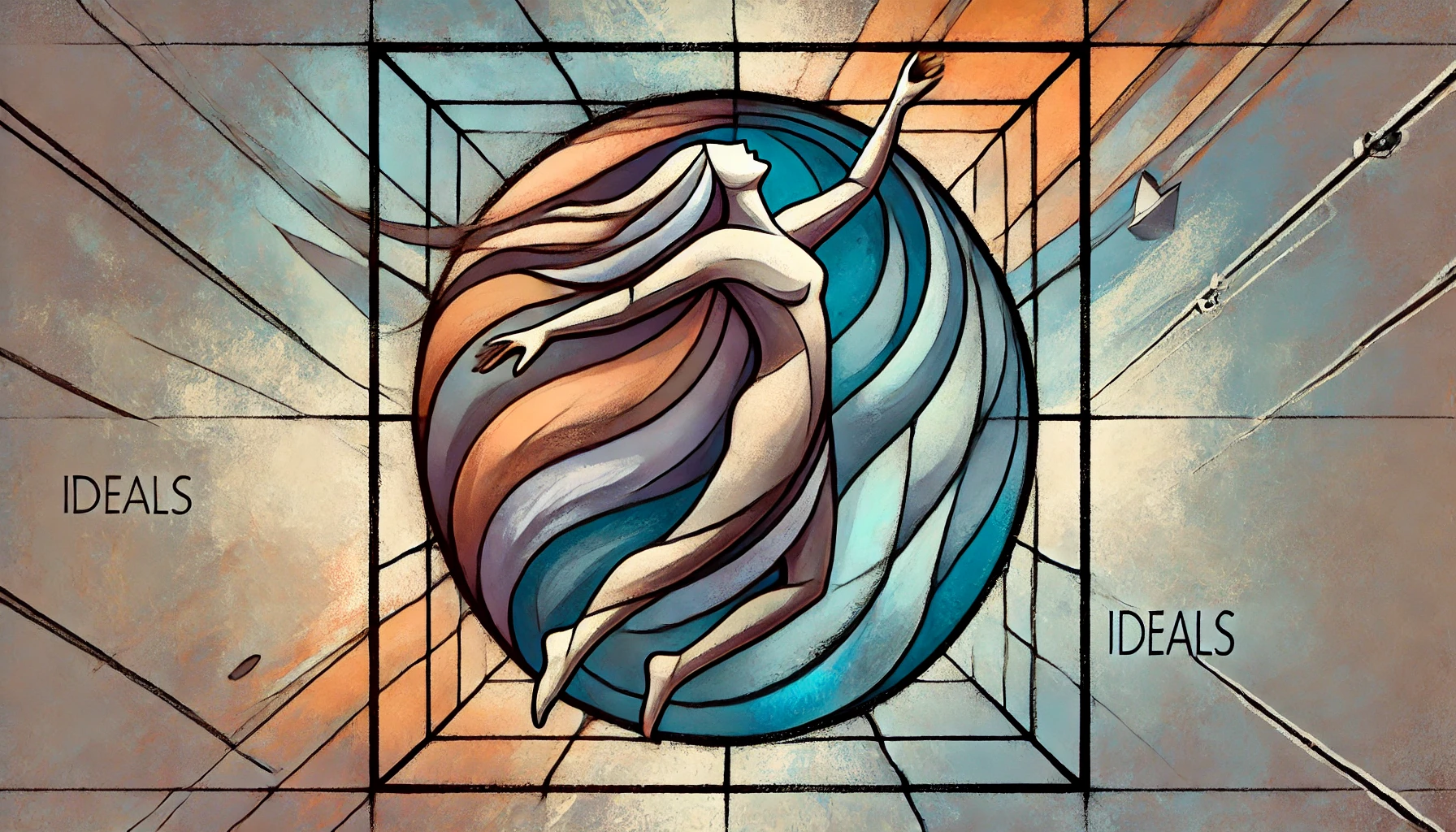




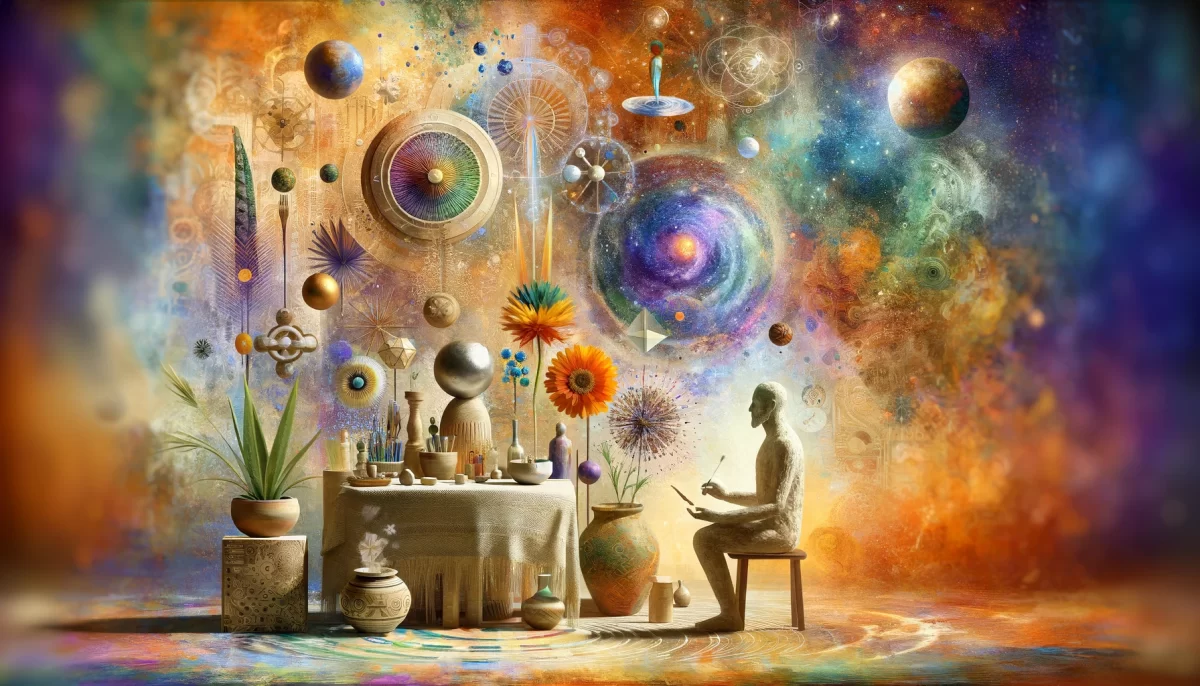





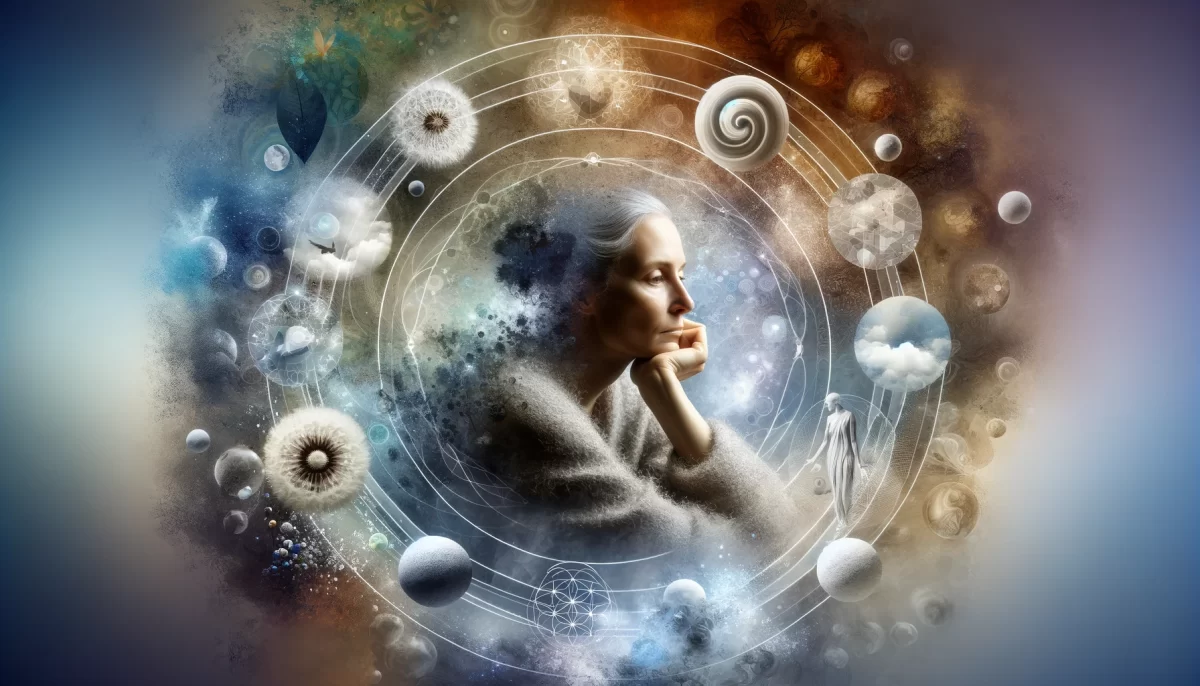


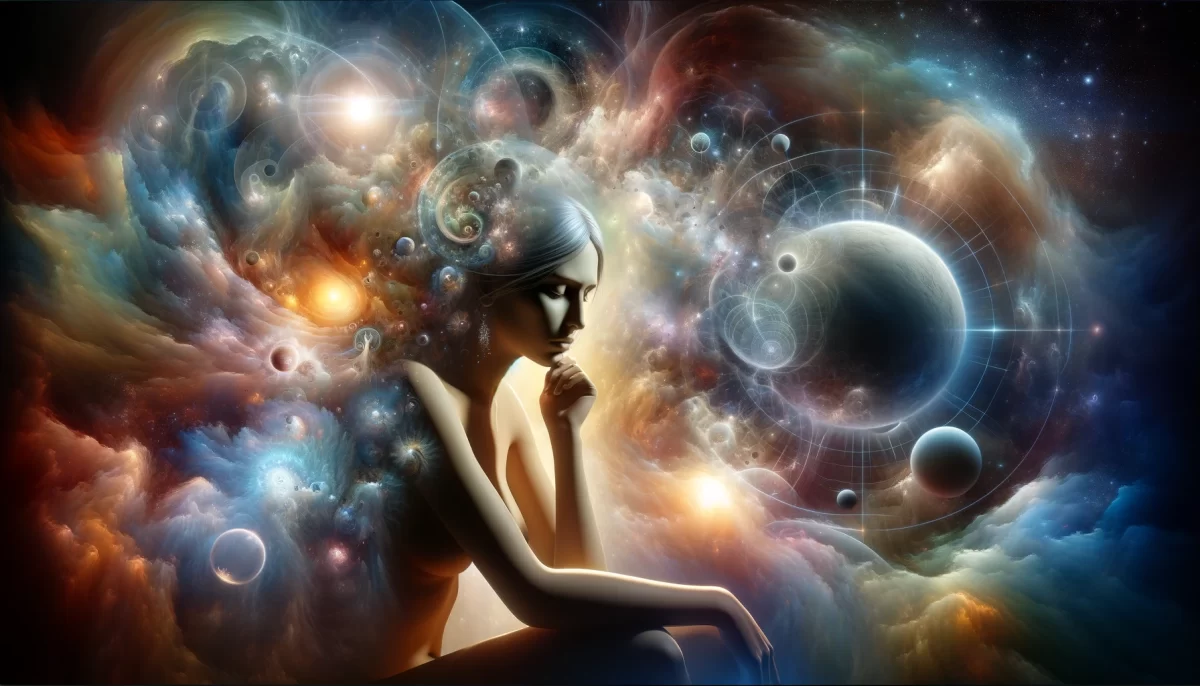
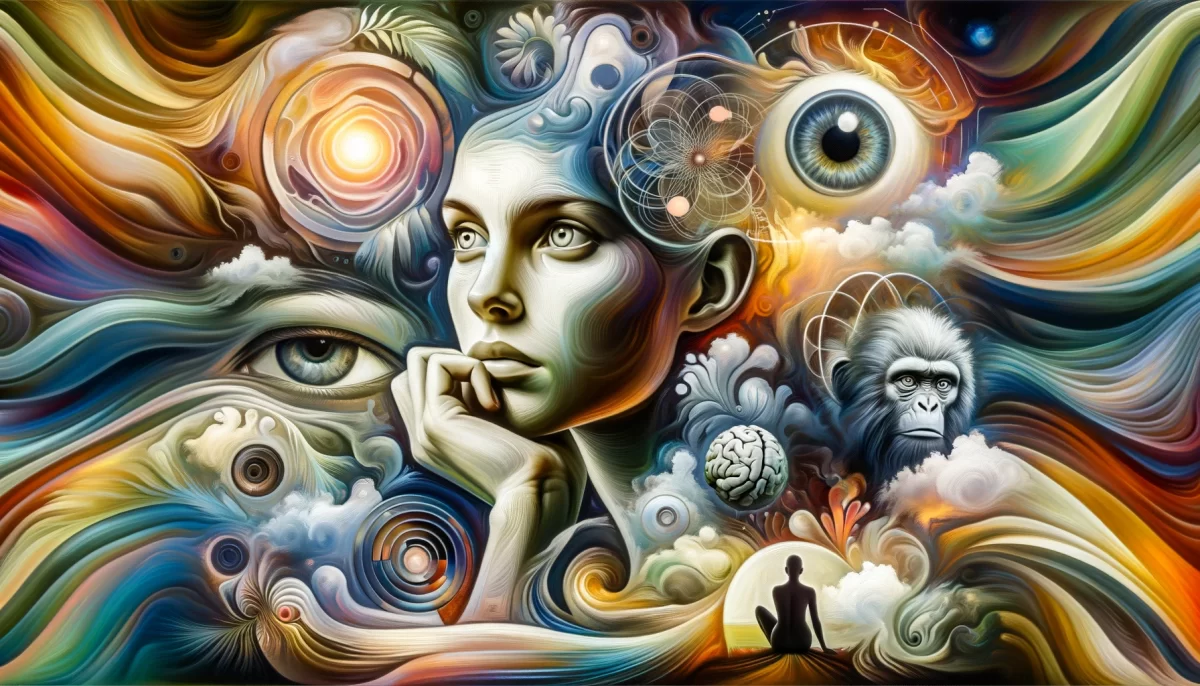
Leave a Reply